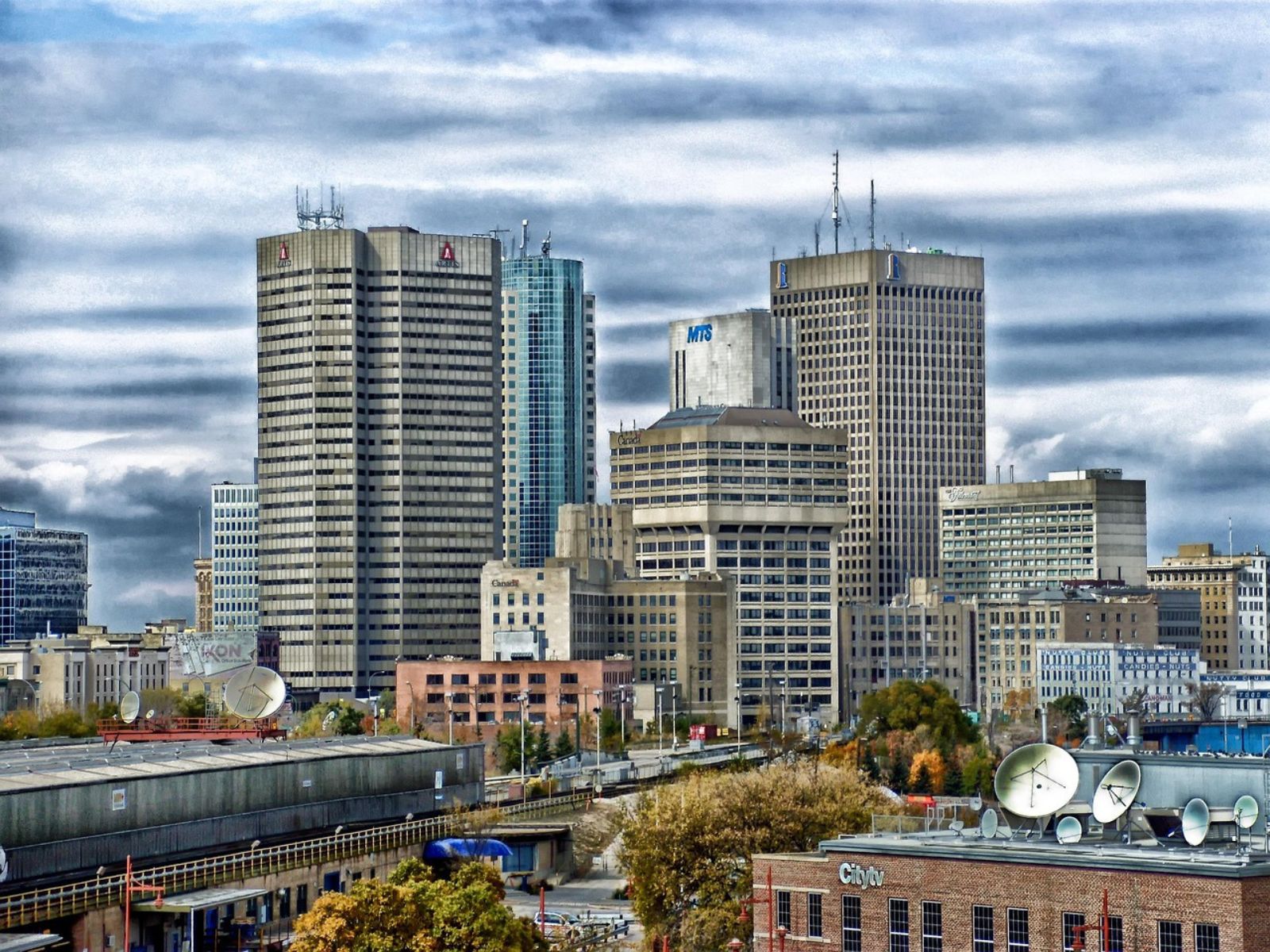
Canada Now Has More Than 1,000 Legal Recreational Cannabis Dispensaries

Canada Now Has More Than 1,000 Legal Recreational Cannabis Dispensaries
It is official. Canada now has more than 1,000 dispensaries. The last official count as of mid-July was actually 1010.
This is a stunning development in a country that, as of the first year of recreational legalization decided that only the government would be in the dispensary business.
How things have changed in just the last 18 months.
Further, it is also expected that the number of dispensaries is set to grow sharply, given the number of applications in the pipeline.
Where the dispensaries are opening to date is another matter. Openings are still highly uneven. The provinces with the most amount of dispensaries to date are Alberta and British Columbia, like the U.S., on the west coast. Ontario, the headquarters of the largest public companies, lags behind, in large part because of politics, and because of course, the original scrapped plans to mandate government-owned outlets for the recreational market.
Why Does This Matter?
One of the most intriguing stories out of the Canadian market is how effective mom and pops have been in staying the course, in part because patients have the right to grow their own (even if they have to obtain a license to do so). The larger companies are facing a huge backlash, in other words, from regional growers who want to grow and sell locally.
While the big public companies are absolutely investing in next-gen canna products, there is still a lively cultivation and distribution market afoot beyond them, and further one that is regulated first by the federal government and then, in the details, by the Canadian “states.” Just like the United States and certain countries in Europe could and probably also will be within the next five years.
Market Vs. Cannabinoid Forces
One of the stranger aspects of the plant is that in the process of legalization, certainly widely held “truths” about the market inevitably fall to the wayside. The first, as seen plainly in the Canadian dispensary conversation, is that the government cannot “control,” it. Patients and recreational users alike will find ways to get access to this plant, and in ways that continue to democratize the conversation.
And while there are still conversations of “one cannabis company to rule them all,” these have gotten decidedly lower in volume as the reality of meeting market demand if not regulatory muster has kicked in for those on the front end of this discussion.
Bottom line? While there will inevitably, just like the German distribution market, be consolidations and pivots, the cannabis market in Canada is opening, finally, for full and unfettered access to go along with all that reform.
The International Cannabis Business Conference will be resuming its international conference schedule as of 2021. In the meantime, stay tuned to this blog and sign up for our newsletter.
Share article


Share article
Join Our Awesome Community
Join Our Awesome Community
Join Our Awesome
Community
Get all the latest industry news
delivered to your inbox







